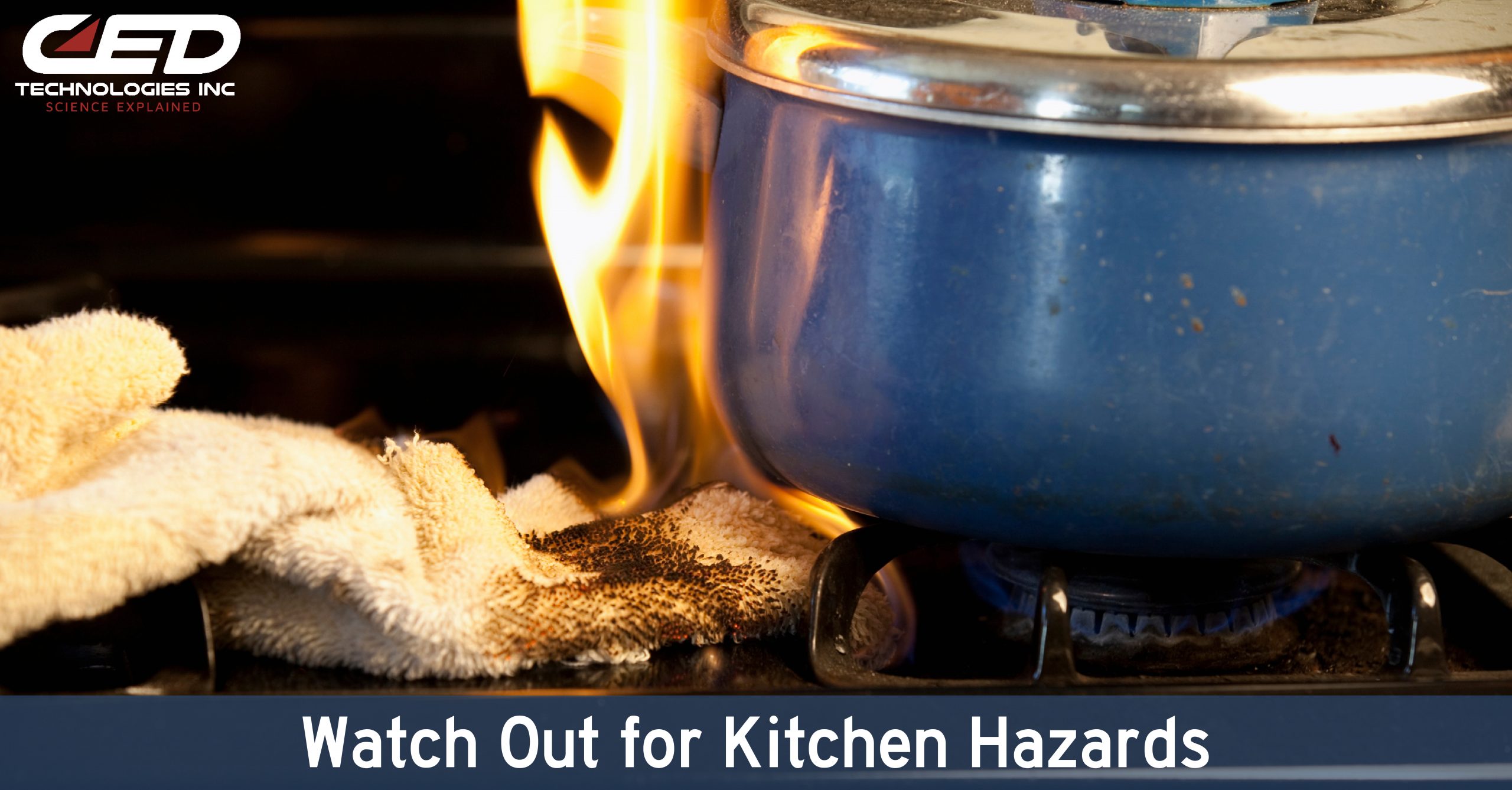Thanks to the abundance of Home and Garden TV shows and YouTube videos, homeowners have been jumping on board the Do-It-Yourself movement. In the current shelter-in-place environment, people are attacking more home projects than ever. When it comes to plumbing, CED urges you to err on the side of caution and rely on licensed plumbing professionals before picking up a wrench and diving under the kitchen sink.
One of the most common plumbing mistakes results from overtightening pipe fittings. This can cause damage ranging from small leaks to disastrous flooding. Fittings are used to join pipes together to regulate or measure water flow. Finding the correct fitting is important, but it is equally important that you install them properly to avoid costly repairs down the road. There is a rubber seal in most fittings that may become warped if you overtighten it, which can result in water leaking through the seal. This applies to plastic fittings in toilets and supply tubes connecting faucets. To be clear, under-tightening a fitting can also result in a leak, but overtightening is more frequently the culprit!
Flexible water hoses, or flexi hoses, are a versatile hose commonly installed in modern homes and are used to replace standard copper pipes in older homes. There is a general consensus among plumbing professionals that flexi hoses are a leading cause of house flooding, and one of the primary reasons for their frequent bursting is – you guessed it – over tightening during installation. “While flexi hoses are generally seen as robust products, if they are put under great strain due to being damaged at the time of installation, the likelihood of structural breakdown is high” (source).
Even the smallest of leaks can cause big problems later on down the road. Although cracking may not occur right away, excessive force may lead to a future failure of the hose days or weeks later which may lead to flooding. There is the “hidden” danger of mold growth behind walls or under sinks due to excess moisture, as well as the more obvious stained or warped walls.
As always, remember to turn off the water main when you’re going away and be sure that everyone else knows the location of the water main valve in the event of an emergency. For now, it might be best to save major plumbing projects for a timeframe when a licensed professional can work on your home. Stay safe.
Click Here To See Our Full List of Experts Click Here To Submit an Inquiry about a possible Claim or Case.






